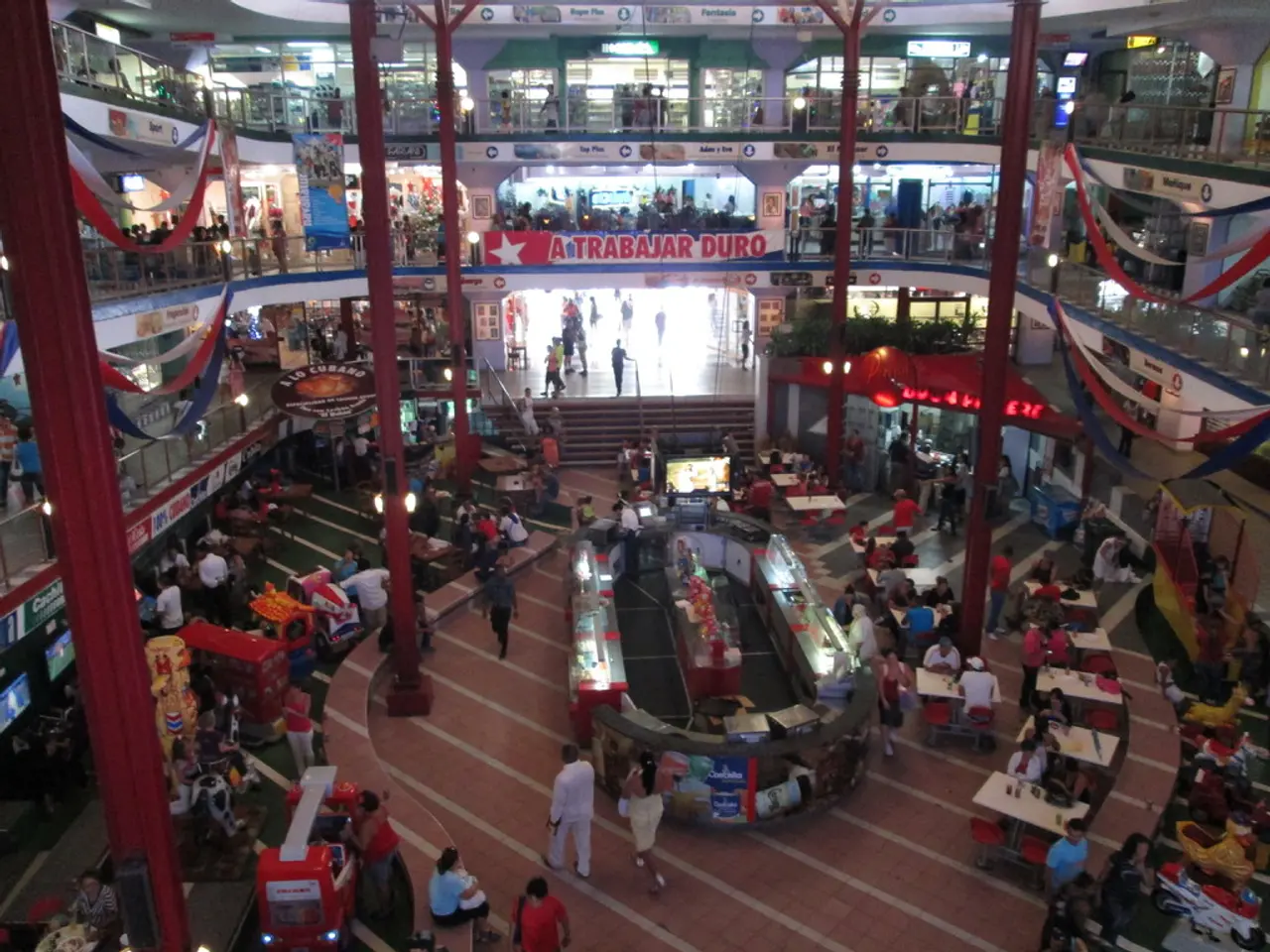Shutting Down Shop: Ineos Bids Adieu to Gladbeck Plant
Gladbeck's industrial facility operated by an INEOS subsidiary ceases operations. - Ineos-affiliated factory shuts down operation in Gladbeck
Hey there! Here's the skinny on the latest from chemical juggernaut Ineos. They're packing up and heading out of Gladbeck, Germany, shutting down their phenol division plant. This move affects 279 workers, sorry to say.
Why the gloomy news? Europe's high energy prices and exorbitant CO2 tax policies are putting the squeeze on the Old Continent. The statement reads, "It’s just not cost-effective to import Chinese products and deal with global oversupply when Europe is saddled with these prices."
Ineos has started chin-wagging with the works council, employees, customers, and suppliers, but there's no deadline for the big shutdown yet. Operations will keep rolling until further notice.
Don't worry, the action won't be complete silence in Antwerp - their second phenol division site will keep humming. Problem is, demand ain't what it used to be, so running both plants in tandem is no longer feasible. Seems like they've been facing this issue since the beginning of the year, announcing a temporary reduction in production in Gladbeck.
Ineos Phenol, a subsidiary of the Cologne-based Ineos group, calls Gladbeck home, having started production back in 1954. This old-timer churns out phenol and acetone, used in making auto parts like headlights and brake pads, as well as solvents for the manufacturing industry. Annually, they can crank out around 650,000 tons of this stuff.
- Ineos Paraform
- European Deindustrialization
- Carbon Taxation
- Chemical Conglomerate
- Reliance on Imports
- Rhineland
- Plastic Industry Impact
Now, here's some extra info, just in case you're into all that geeky stuff. Ineos is basically throwing in the towel because Europe's energy costs and carbon taxation are making it harder for local chemical producers to compete on the global market[2][5][1]. The closure is just part of the struggle phenol operations are facing in Europe[1][4]. Unfortunately for Europe, Ineos seems to be taking a hint from the recent trend of deindustrialization in the chemical sector[2][5][1].
As for the impact on the European plastic industry, this move could mean increased reliance on imports, supply chain uncertainties, and potential price hikes due to reduced domestic production capacity[2][1]. Looks like it's time forEuropean plastic manufacturers to tighten their belts and brace for some changes in the industry's supply base and cost structure.
- Amidst the European deindustrialization and reliance on imports, there might be a need for community policy changes to support vocational training programs for workers displaced by closures in the chemical sector, such as those formerly employed by Ineos in the Gladbeck plant.
- In light of the closure of Ineos's Gladbeck plant and the potential increase in imported products, financial strategies that prioritize local business growth and vocational training for the workforce could help mitigate the impact on the plastic industry in the Rhineland region.




